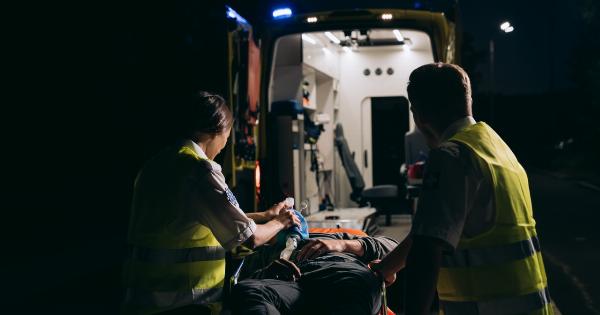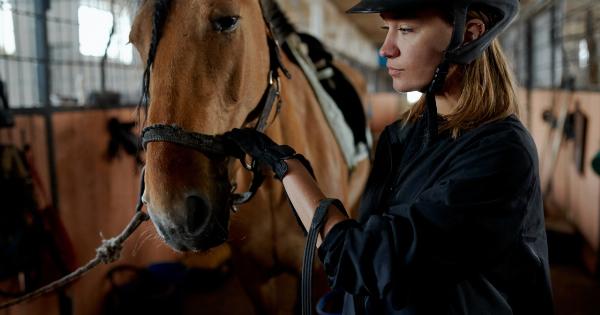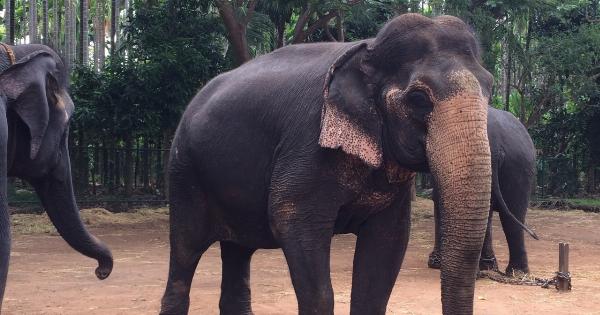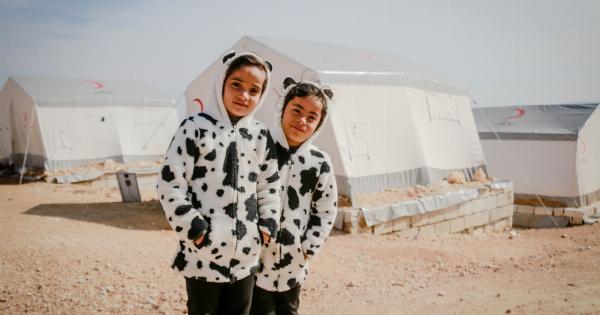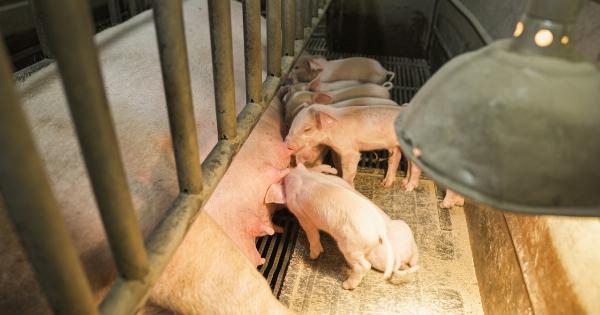Animal neglect is a severe form of animal cruelty that can have far-reaching consequences, affecting not only the well-being of animals but also the safety of humans.
Research has indicated a strong correlation between animal neglect and aggression towards people, suggesting that individuals who engage in neglectful behavior towards animals are more likely to exhibit aggressive tendencies towards fellow humans. This article delves into the complex relationship between animal neglect and aggression towards people, emphasizing the need to recognize and address these issues for the betterment of both animals and society.
The Link between Animal Neglect and Aggression
Studies have consistently shown that animal neglect can serve as a predictor of aggression towards people.
When a person demonstrates a lack of empathy and disregards the basic needs of an animal, it reflects their potential for displaying similar behavior towards humans. This correlation has been observed across various age groups, from children to adults, highlighting the importance of identifying and intervening in instances of animal neglect.
Childhood Animal Neglect and Future Aggression
Research has indicated that childhood animal neglect often serves as a significant predictor of aggression towards humans in later life.
Children who witness or engage in neglectful behavior towards animals are more likely to develop antisocial tendencies and exhibit aggression towards their peers or family members. This pattern suggests that addressing animal neglect during childhood can help prevent future acts of aggression towards people.
Early intervention, such as counseling and education about empathy and compassion towards animals, can play a crucial role in breaking this cycle.
Intersections with Animal Abuse and Aggression
Animal neglect is closely intertwined with animal abuse, as both involve the mistreatment and disregard of an animal’s well-being.
Similar to the link between neglect and aggression, there is a strong correlation between animal abuse and aggression towards people. Individuals who engage in acts of animal abuse are more likely to display violent behavior towards fellow humans as well.
Recognizing this connection can aid in identifying individuals who pose a potential threat and implementing appropriate intervention strategies.
Psychological Factors Behind Animal Neglect and Aggression
Animal neglect and subsequent aggression towards people can be influenced by various psychological factors. Research has identified a range of underlying issues such as a lack of empathy, antisocial personality traits, and a history of childhood trauma.
These factors can contribute to the development of harmful behaviors, highlighting the importance of comprehensive mental health assessments and interventions to address the root causes of animal neglect and aggression. By tackling these psychological factors, it becomes possible to disrupt the cycle of violence.
The Role of Societal Intervention
To effectively address the correlation between animal neglect and aggression towards people, there must be comprehensive societal intervention.
This includes education programs that emphasize the importance of responsible pet ownership, teaching empathy towards animals and fellow humans, and promoting early identification of signs of animal neglect.
Furthermore, law enforcement agencies and animal welfare organizations must work collaboratively to investigate instances of animal neglect and abuse thoroughly, ensuring that appropriate legal measures are taken to protect both animals and potential human victims.
Protecting Animals, Protecting People
Recognizing and addressing animal neglect is vital not only for the welfare of animals but also for the safety of humans. Failure to intervene in cases of animal neglect can perpetuate a cycle of violence that extends beyond animals.
By prioritizing animal welfare, society can potentially prevent acts of aggression towards people and create a safer environment for all. Through comprehensive education, increased awareness, and the enforcement of strict animal welfare laws, we can take significant strides towards breaking the link between animal neglect and aggression.
Cultivating Empathy and Compassion
To prevent animal neglect and aggression towards people, it is essential to cultivate empathy and compassion in individuals.
Education systems play a crucial role in instilling these values among students, teaching them to understand and respect the needs and emotions of animals. By fostering empathy towards animals early on, we can empower future generations to break the cycle of violence and build a more compassionate society where neglect or abuse towards animals and people is no longer tolerated.
The Importance of Reporting and Intervention
Reporting instances of animal neglect is of utmost importance in breaking the cycle of aggression towards people. If you suspect or witness animal neglect, it is crucial to reach out to local animal welfare organizations or law enforcement agencies.
These entities can investigate the situation and provide the necessary intervention to protect both the animals involved and potential human victims. By speaking up and taking action, individuals can make a meaningful difference in preventing further instances of neglect and potential future acts of aggression.
Creating a Safer Future
To create a safer future for both animals and people, it is imperative that we actively address the correlation between animal neglect and aggression.
By recognizing the red flags, intervening early on, and supporting comprehensive education and mental health initiatives, we can break the cycle of violence and cultivate a society that values the welfare of all living beings. It is a collective responsibility to address these issues, as the well-being of animals and the safety of humans are intertwined.
Conclusion
Animal neglect serves as a predictor of aggression towards people, highlighting the importance of recognizing and addressing these interconnected issues.
By understanding the correlation between neglect and aggression, we can work towards breaking the cycle of violence and creating a safer future for all. Through education, intervention, and societal collaboration, we can foster empathy, compassion, and responsible pet ownership, offering protection to both animals and potential human victims.
It is only by actively challenging animal neglect that we can move towards a more harmonious and compassionate society.


